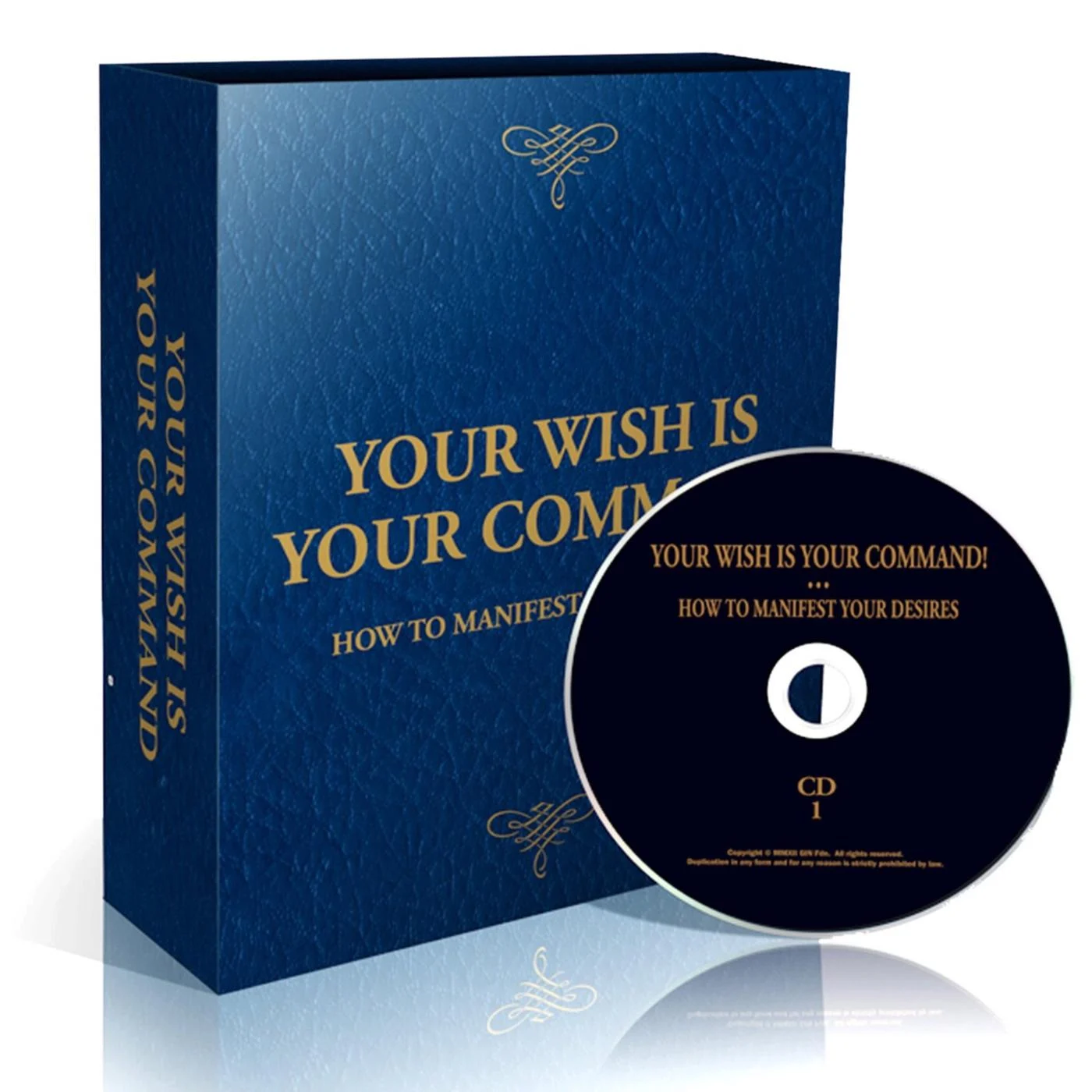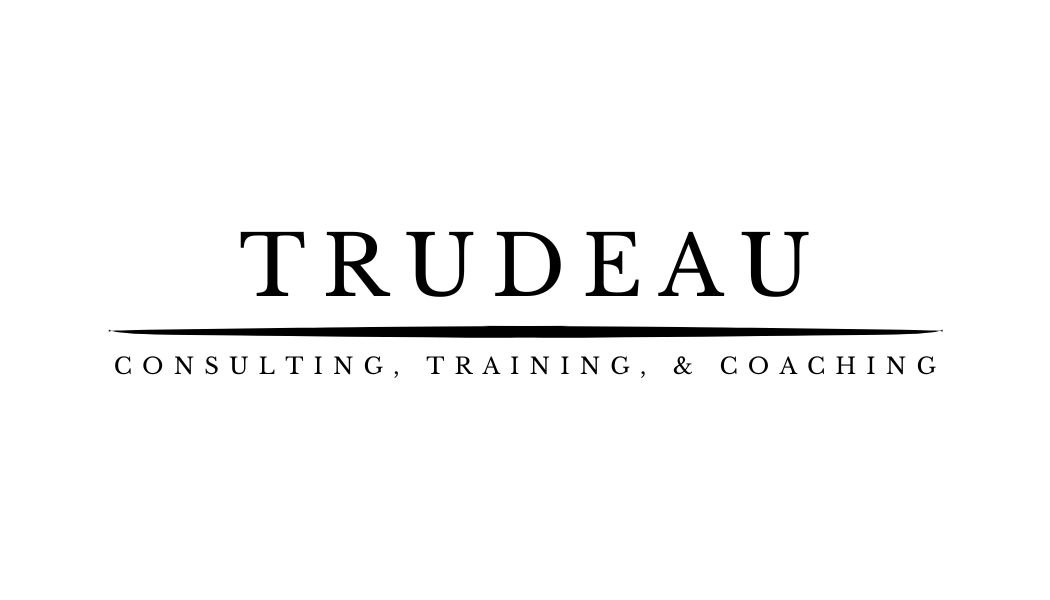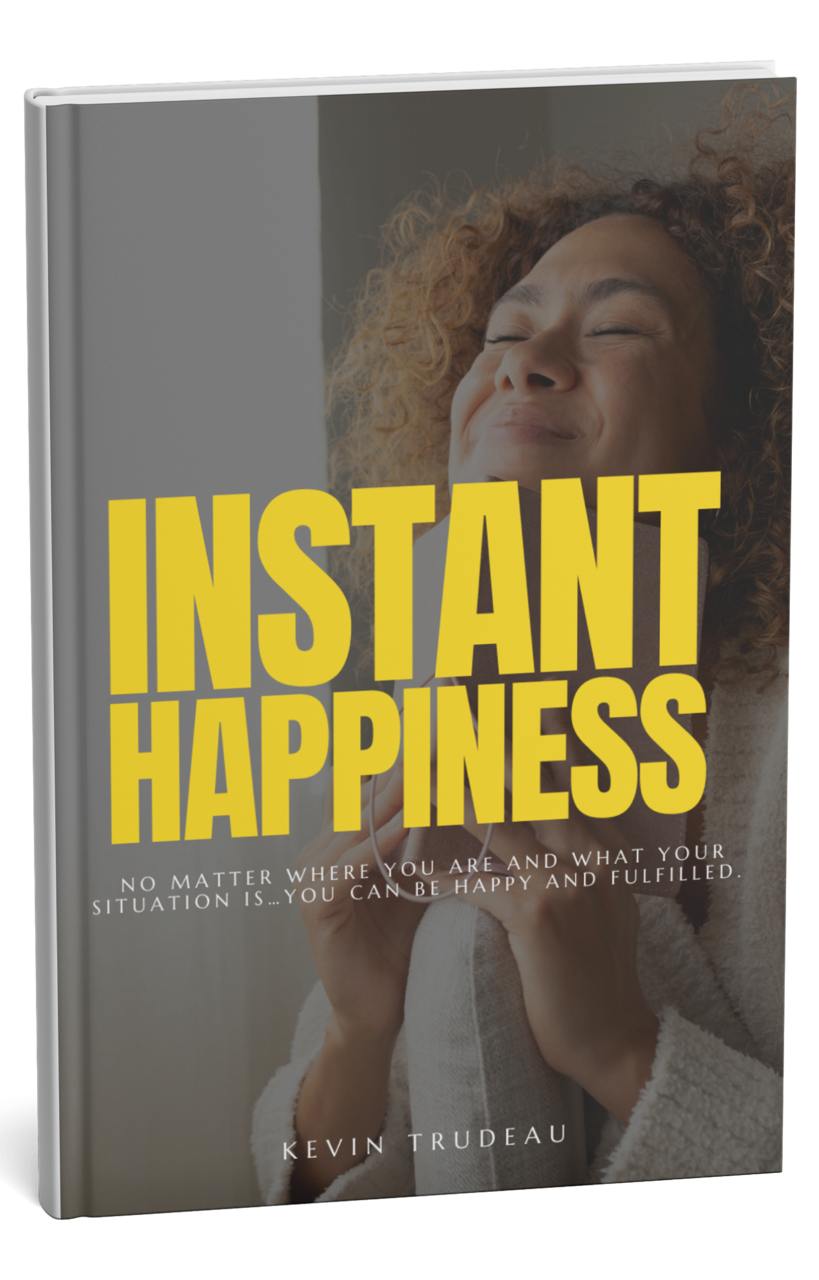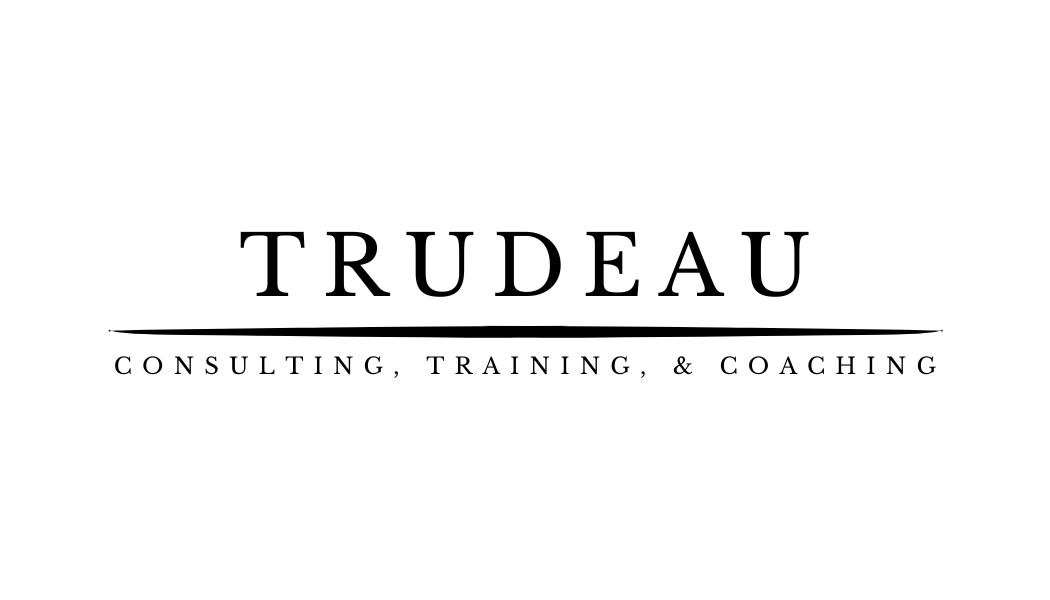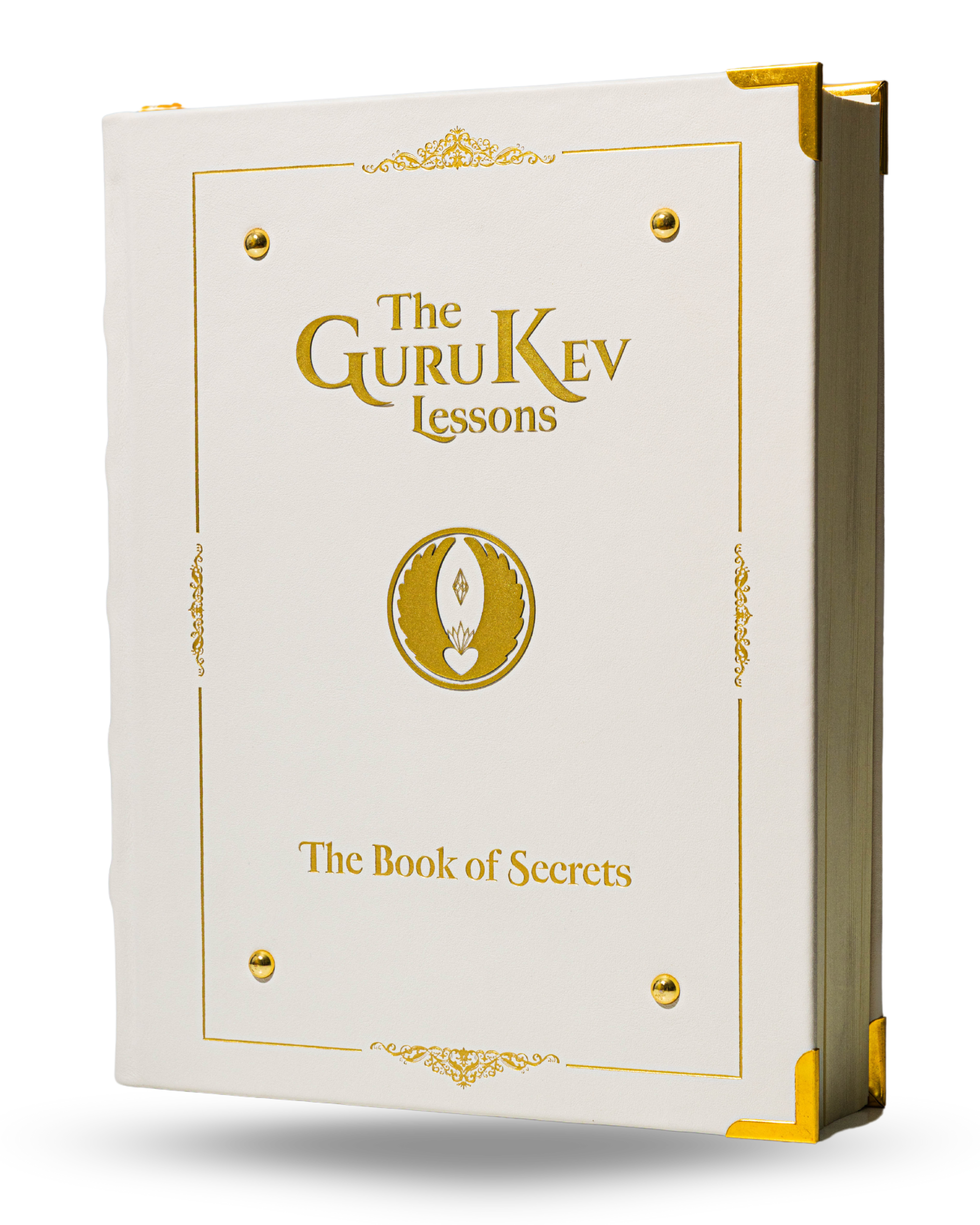Key Takeaways:
Meditation is a process that requires practice and patience.
Consistency is the key to enjoying the full benefits of meditation.
Meditation has the ability to significantly enhance mental clarity and emotional well-being.
Introduction to Meditation
Kevin, like most of us, found himself in the middle of the chaos of daily life, craving a refuge from the middle of turmoil. Meditation, he quickly discovered, was not an activity but a sanctuary—a spot on space where the mind could catch a break. This is Kevin's story as he is learning to meditate, offering advice and insights on how to do it for anyone who wishes to begin on the same path.
Meditation is an ancient art that has endured for millennia and remains with us today, a sanctuary of peace in the midst of the turmoil of a stressful world. Kevin's experience is a testament to the healing power of meditation and how some minutes of purposeful breathing can change the rhythm of a hectic day. As we journey with Kevin, we'll learn what he did to introduce meditation into his life, leaving others a map of how they too can try this soothing practice.
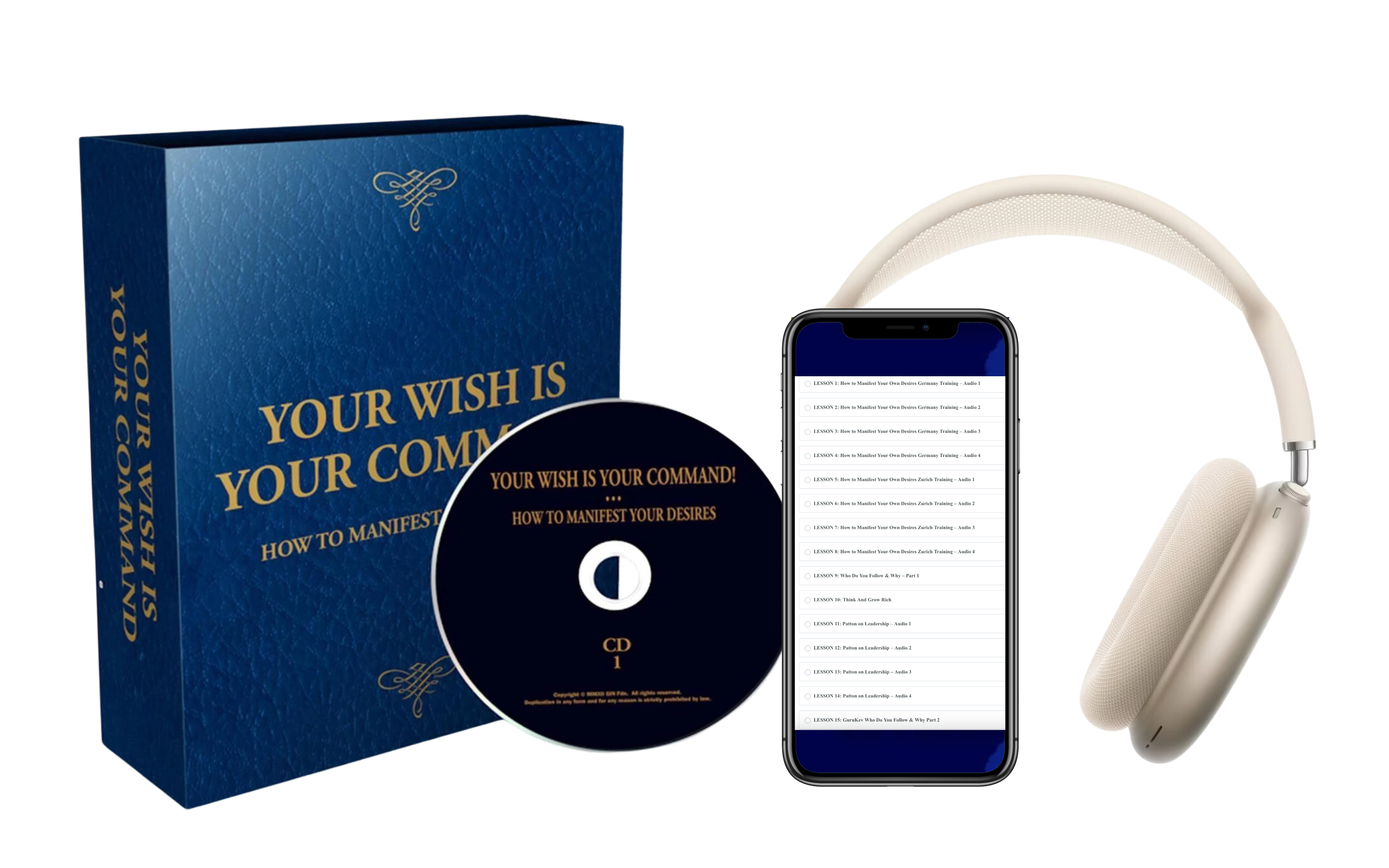
Setting the Stage: Creating a Meditation Room
Kevin realized that if he was going to meditate correctly, he needed a quiet area—a private sanctuary where he could remove himself from the world of distractions. He chose a peaceful corner of his living room, equipped with a comfortable cushion and a table for a candle and incense. It was his sanctuary, a place where he could turn off the world and tune in to his own inner world.
Constructing a meditation room does not entail rich decorations or expensive material. Kevin simply kept things simple and direct, focusing on comfort and minimal distraction. Reserving a certain area established a routine which signaled his mind and body that he needed to unwind and look inward. This is the single most critical step for anyone looking to incorporate meditation into their life.
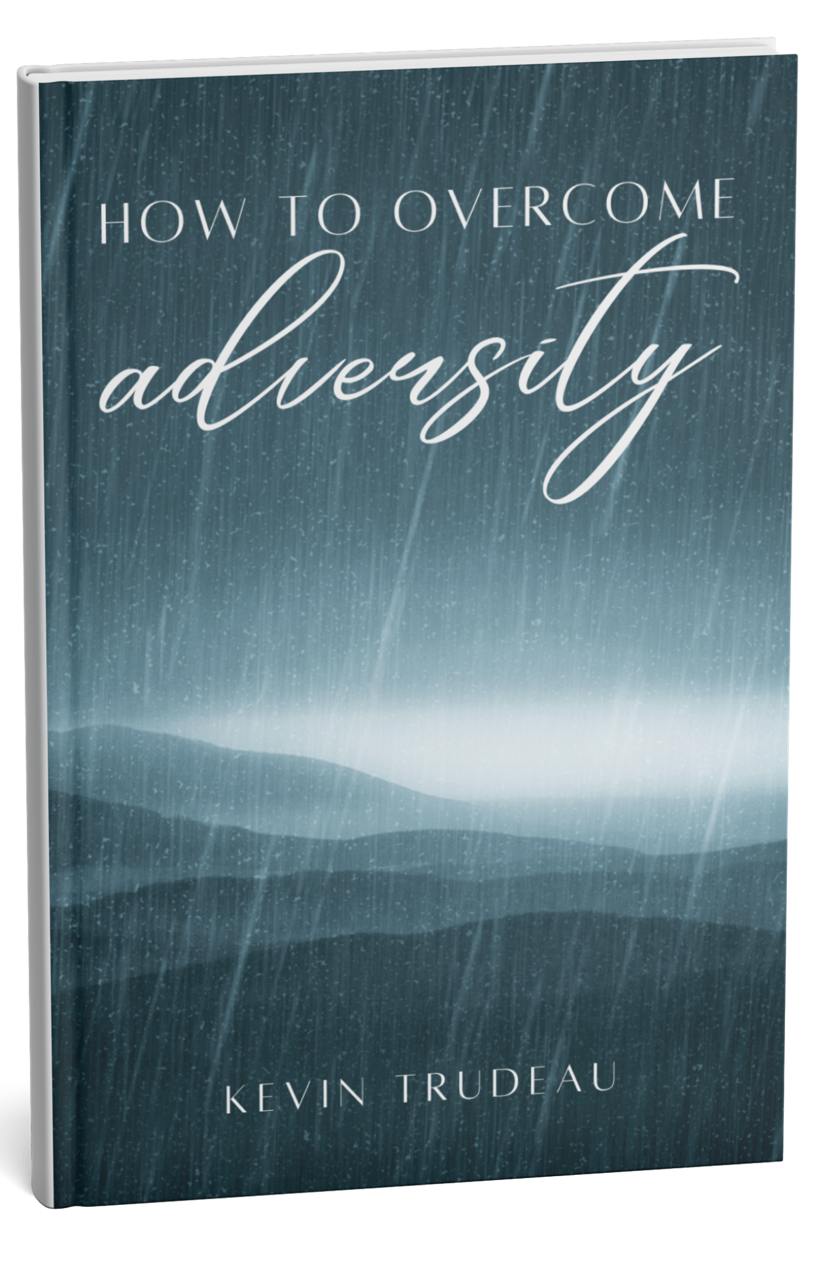
Understanding the Basics: Breathing Techniques
Respiratory practice is the root of meditation, and Kevin quickly learned just how important it was. He started with basic practices, such as belly breathing, in which one breathes in deeply through the nostrils, lowers the diaphragm, and breathes out slowly through the mouth. By practicing this, he managed to concentrate his thoughts and decelerate his mind.
Kevin also practiced alternate nostril breathing, a technique that balances body energies and enhances concentration. Through all these exercises in breathing, he discovered that it was simpler for him to get into a state of meditation, and tension was reduced while his overall sense of wellness was increased. Breathing techniques form the foundation of meditation, providing one with a foundation upon which additional practices may be built.
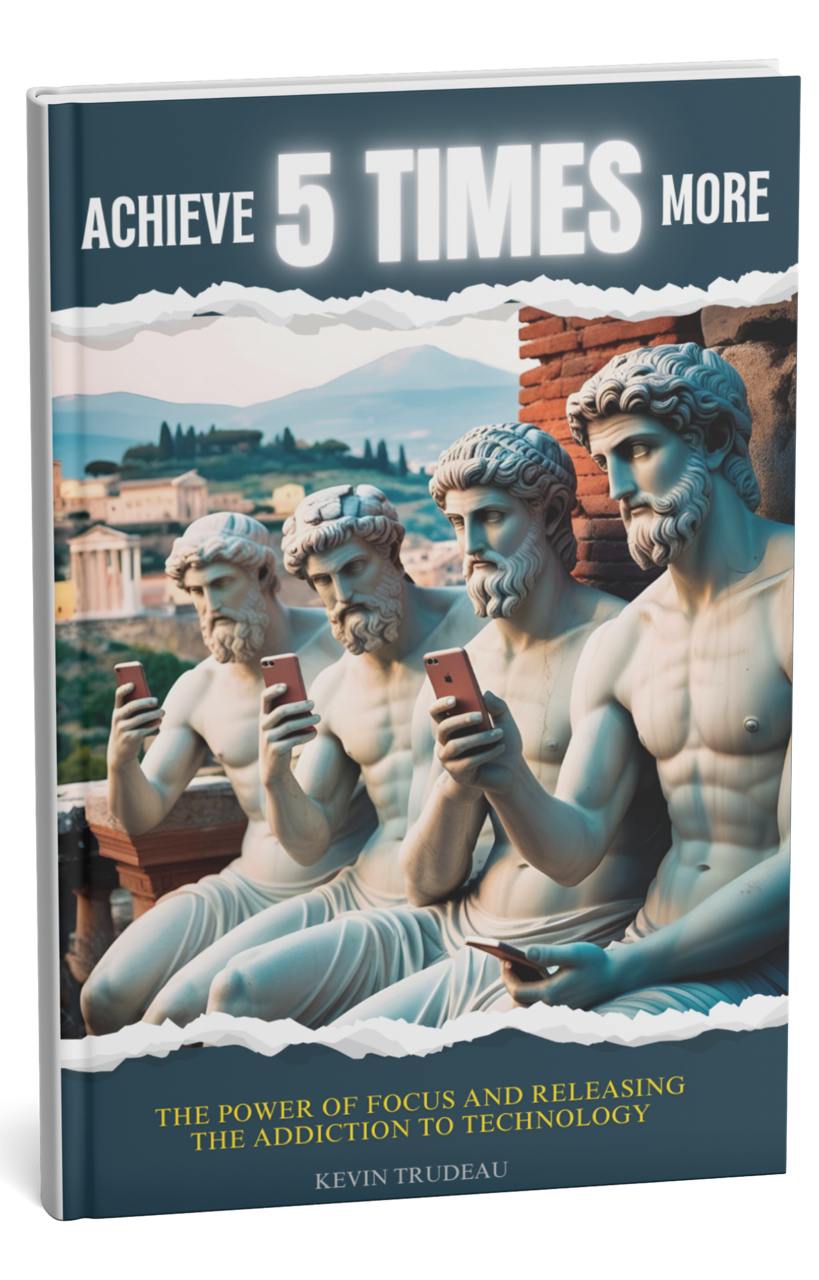
Accepting Mindfulness: Remaining Present
Mindfulness is the skill of living in the moment, and Kevin grasped this concept entirely. He began by paying attention to his senses, to the sounds, the smells, and the sensations around him. This centered him and focused his mind.
Kevin also incorporated mindful walking into his practice, walking slowly and deliberately and noticing the movement of his feet and the rhythm of his breath. This exercise enhanced his ability to remain present even in casual meditation. Mindfulness is a skill that enhances the meditation practice by allowing participants to be more present and aware in their experience of life.
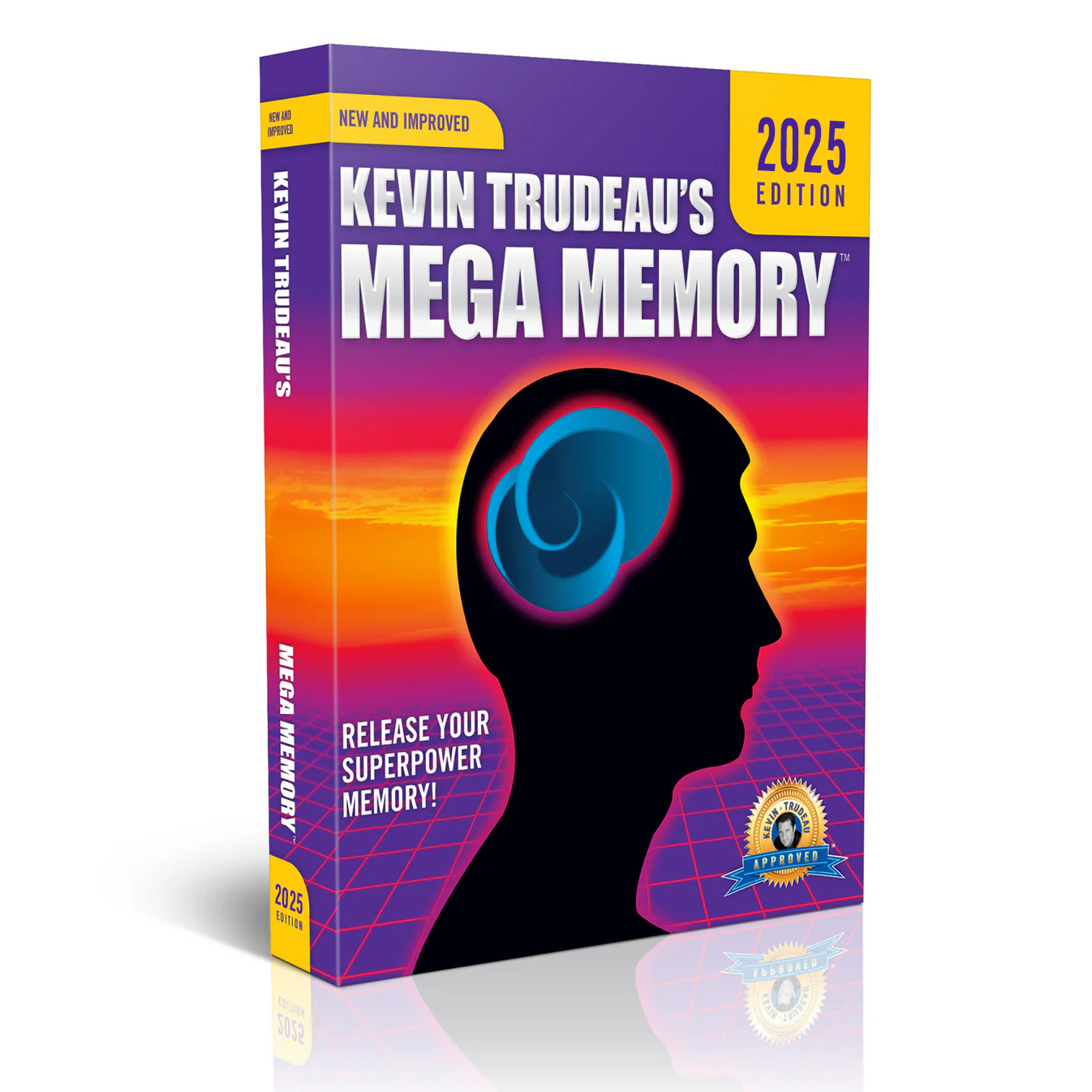
Shattering Past Distractions: Working with Thoughts
Kevin wrestled with the usual problem of a restless mind, often finding himself lost in thoughts of the past or future. To combat it, he worked on tolerating his thoughts without judgment and softly bringing his mind back to his breath. This maintained him in a place of peace and concentration.
He also worked with visualization techniques, picturing his thoughts as clouds passing in the sky. This visual imagery allowed him to see his thoughts without attachment, cultivating detachment and peace. A skill for managing distractions is crucial in meditation, enabling one to advance his or her practice and achieve greater mental clarity.
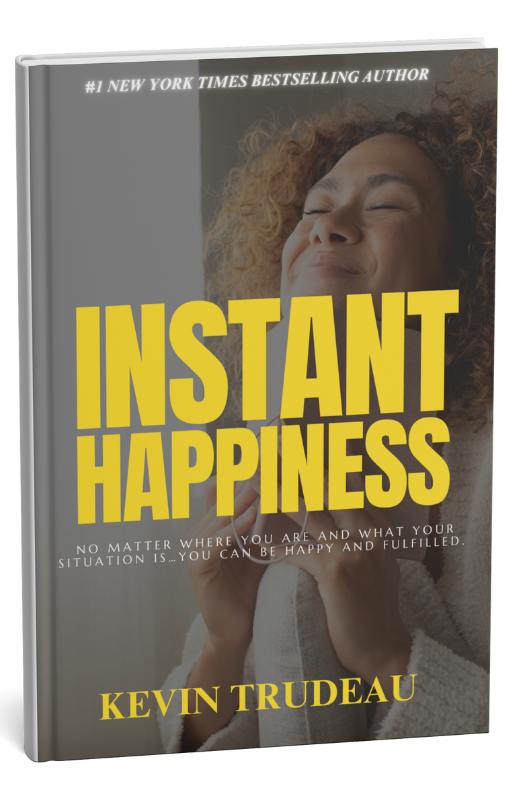
Experimenting with Different Styles: Finding Out What Works
Kevin discovered that meditation is not an all-the-same kind of thing. He experimented with varying forms, including guided meditation, mantra meditation, and loving-kindness meditation, to discover which worked best for him. Each format had its strengths, so he was able to tailor his practice to meet his requirements and his interests.
Focused meditation, for instance, provided him with form and direction, and mantra meditation provided him with a focal point for his mind. Loving-kindness meditation, on the other hand, enabled him to practice empathy and compassion. By trial and error, Kevin was able to formulate an individualized meditation practice suited to his situation and goals.
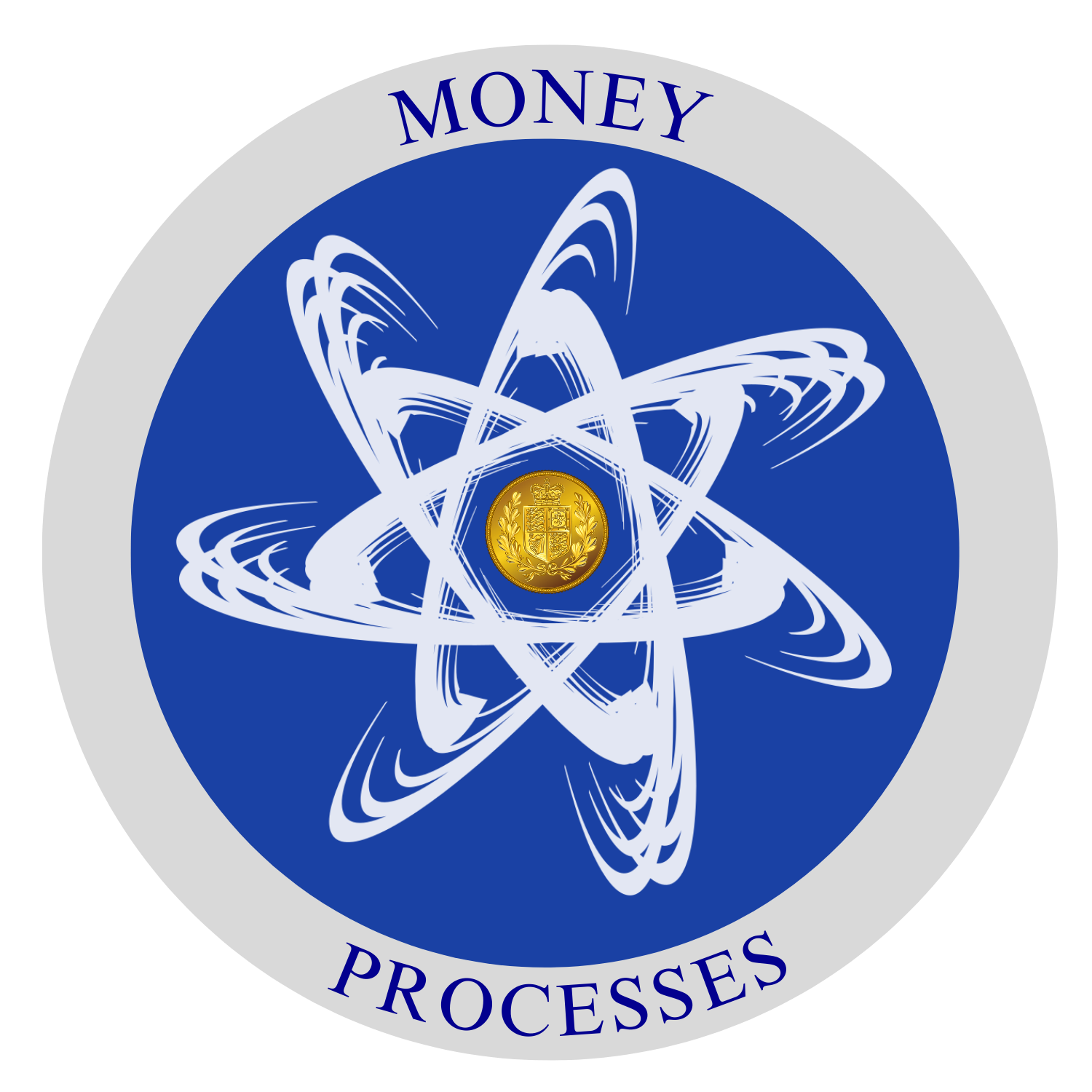
Creating a Habit: Consistency is the Key
Kevin discovered that reliability was the foundation for benefiting from meditation. He ensured he meditated each morning, as he would brush his teeth or shower. Such regular commitment established a habit in him, and meditation became a second nature, simple and natural.
To ensure consistency, Kevin used reminders and set realistic goals, starting with short intervals and gradually longer ones as he got accustomed. This ensured that the meditation became a sustainable long-term practice, and he could enjoy its full advantages in the long term.
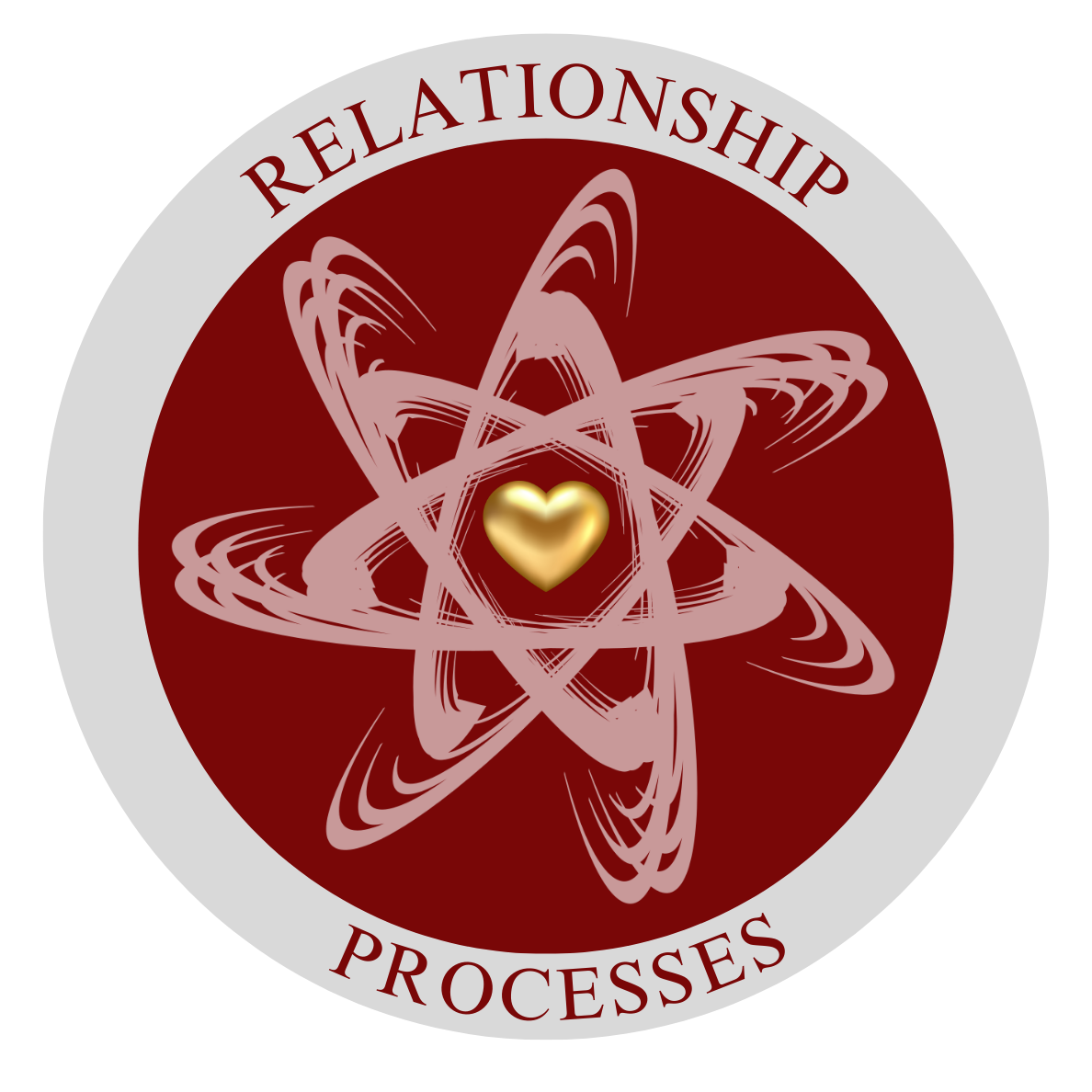
Tracking Progress: Estimating Benefits
As Kevin went deeper into his meditation practice, he began to notice small but significant shifts in his life. He was more alert, less stressed, and better able to handle issues. To track his progress, he kept a journal, chronicling his experience and any shifts in his mental and emotional routine.
This practice of self-reflection encouraged Kevin and allowed him to value the positive impact of meditation on his well-being. By tracking progress, he was able to celebrate his triumphs and weaknesses, strengthening his resolve in continuing the practice.
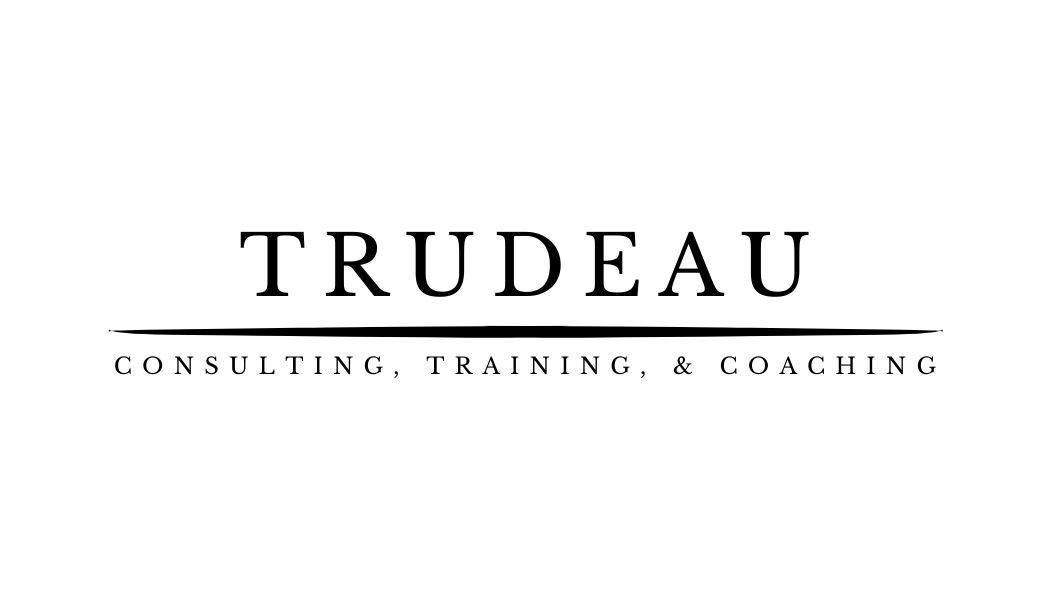
Sharing the Journey: Inspiring Others
Kevin's journey in meditation inspired others, and it motivated friends and family members to try out the practice for themselves. He wrote about his experience and even shared advice, telling others to discover their own way toward mindfulness and serenity.
With his testimony, Kevin did not just explain his own understanding of meditation but created a warm community of like-minded friends as well. This sense of belonging and likeness strengthened his practice, affirming the power of meditation to bring people together and foster a sense of community.
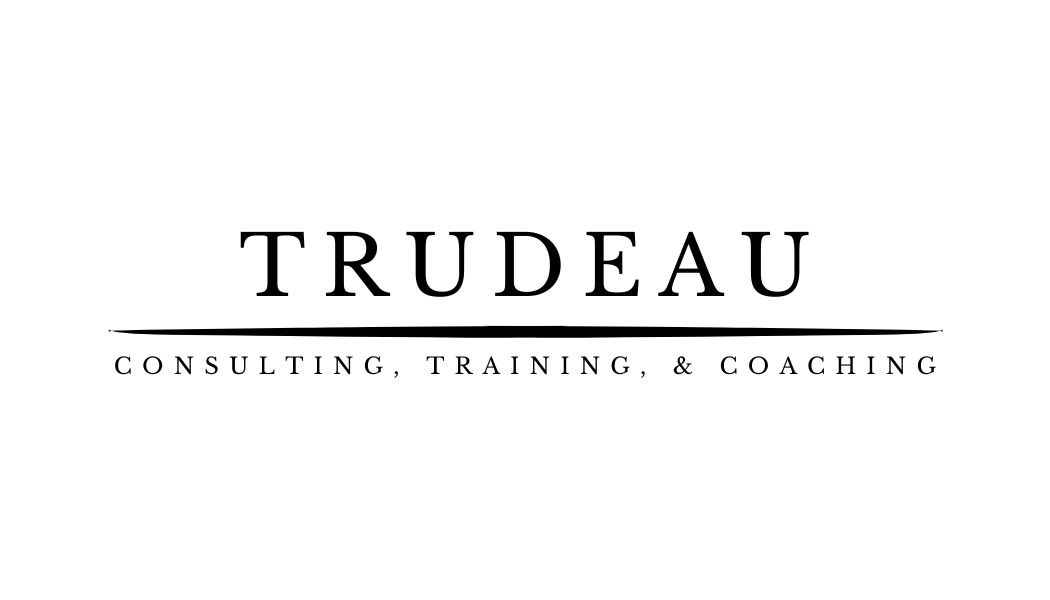
Summary
Kevin's journey to meditation is a testament to the potential for change that can be achieved through this centuries-old technique. By creating a special room, learning how to breathe, embracing mindfulness, and experimenting with different styles, he was able to make meditation a part of his everyday life. Consistency and self-reflection were paramount in his achievement, allowing him to gain the numerous benefits of meditation while inspiring others to discover their own.
FAQ
Q1: How much should I meditate on a daily basis?
A1: Start at a bare minimum of 5-10 minutes daily and gradually increase to longer spans of time as you become more comfortable. It's not the quantity but the quality, so do attempt to meditate each day.
Q2: What if I cannot shut off my mind?
A2: It is normal for the mind to wander while meditating. If this happens, calmly restore your focus to your breath or chosen point of concentration without criticism.
Q3: Will meditation help with stress and anxiety?
A3: Yes, meditation can reduce stress and anxiety by promoting relaxation and enhancing emotional control. Regular practice can lead to significant positive changes in mental health.


